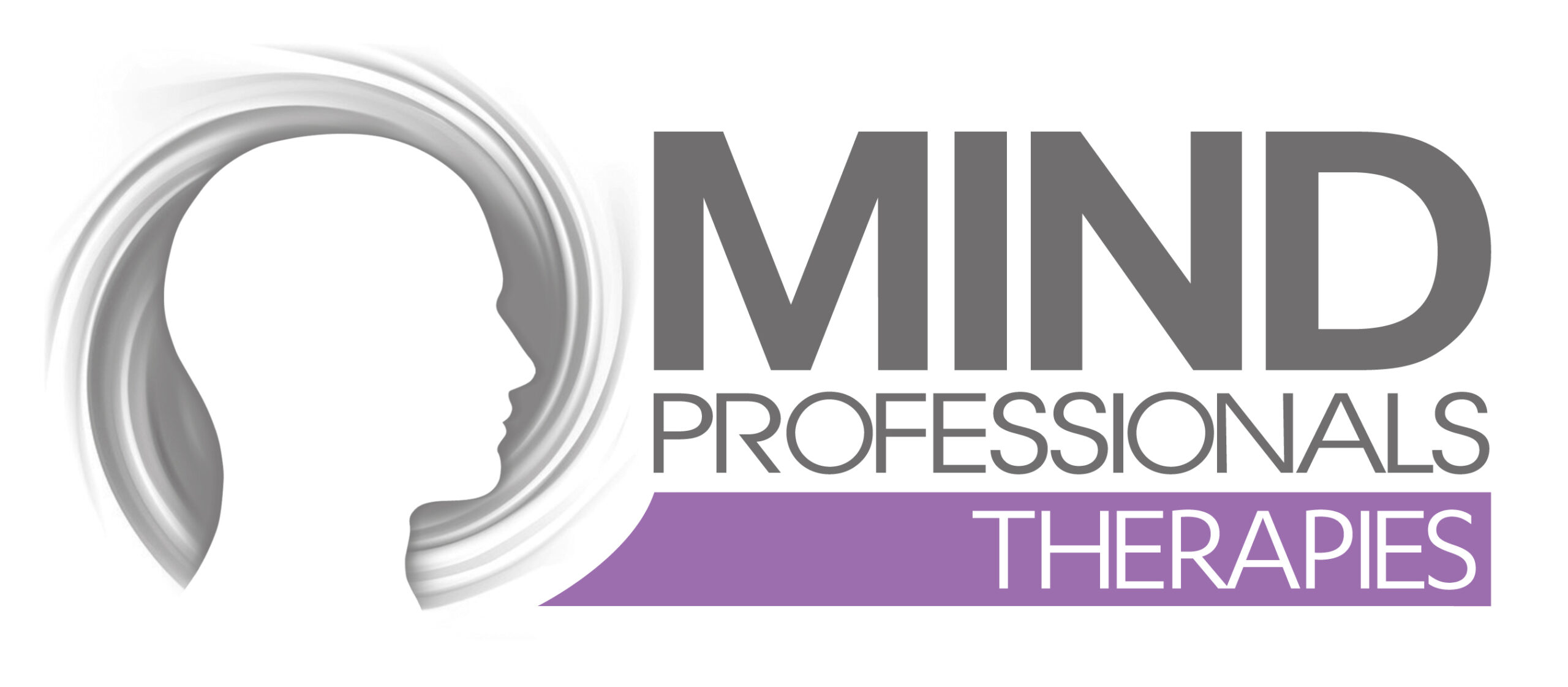Adult Assessments
Our Adult Autism Diagnostic Assessment is a comprehensive package, designed to accurately diagnose Autism in adulthood and additionally provide in-depth information for the person about the condition and how it is affecting them.
What to expect?
In advance of the assessment taking place, the adult being assessed will be provided with two questionnaires, and invited to complete them in their own time. The information provided by the responses within these questionnaires help the clinical team understand more about the situation and the difficulties the person experiences in their life and the world around them. We may also, with the person’s permission, contact their workplace (or other relevant social environment) to have a more in-depth understanding of their typical behavioural presentation or social difficulties. To make a diagnosis, the team will:
- Analyse the pre-assessment questionnaires.
- Interview the person and also speak with a relative or a friend (who knows the person well, and has done so for at least 12 months).
- Use the Autism specific diagnostic psychological assessment tool with the person called the ADOS-2.
- Take a full and comprehensive neurodevelopmental history with a family member who knew the person in childhood – in particular between the ages of 4 and 5. This psychological tool is called the ADI-R
- Collate and review all the information gained with the Clinical Lead.
- Compile a full assessment report with recommendations.
How long does the Autism assessment take?
The face to face assessment with the person takes, on average, up to one hour to complete. During this time the clinician will ask the person questions about their life and encourage them to complete some table top activities. This is the ADOS-2 part of the assessment.
The ADI-R is full and comprehensive neurodevelopmental history taken with a family member who knew the person well in childhood, in particular between the ages of 4 and 5 – this can take up to three hours to complete
NOTE: Whilst this assessment process might seem a little daunting for some, the clinicians have many years of experience of carrying out these assessments and they fully understood how difficult the process can be. They will do their best to put the person at ease. It is helpful in order to facilitate this, if the team is made aware in advance of any specific sensory difficulties or needs. We will try to keep an assessment to a comfortable length and the clinician will be guided by the person’s wellbeing, throughout.
What happens after the Autism assessment?
Following the assessment, the clinicians will collate all the information that has been gathered, formulate this together and discuss the findings with the Clinical Lead. Following this, a comprehensive report is written, with a clear diagnosis (where one can be made) and further recommendations provided.
Feedback appointment – all too often a diagnosis is provided further to an Autism assessment, but no further feedback or supportive input is offered to the person, (or their parent / guardian) thereafter – instead they are left with many unaddressed questions. As part of our assessment process, the person (and / or parent / guardian) will have opportunity to meet once again with one member of the team in order to have time to review the findings of the assessment and the diagnostic outcome of these findings, and to address any questions arising before the final diagnostic report is prepared. The assessors may recommend further testing if they think another condition is perhaps more likely and this will be discussed with the person in full. Following this, the final report will be completed and sent to the person and to the referring GP or funding authority; along with recommendations and management strategies.
